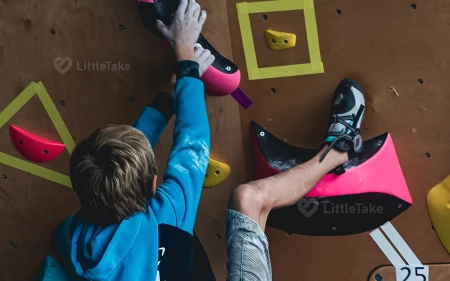
Developing Empathy in Children
Empathy is a crucial skill that allows children to understand and share the feelings of others, fostering kindness, compassion, and healthy relationships. As a parent, you play a pivotal role in cultivating empathy in your child. Here are some practical strategies to help develop empathy in children:
Model Empathetic Behavior
Children learn by observing the adults around them. Demonstrate empathy towards others, both within and outside the family, by expressing understanding, offering help, and validating feelings. Your child will likely follow your example.
Teach Emotional Literacy
Help your child recognize and label their emotions, as well as the emotions of others. Use everyday situations to discuss feelings, and encourage your child to express their emotions in healthy ways. Reading books or watching movies that depict various emotions can also provide valuable learning opportunities.
Practice Active Listening
Show your child how to listen attentively to others by giving them your full attention, making eye contact, and asking open-ended questions. Encourage them to practice active listening with friends and family members to strengthen their empathy skills.
Encourage Perspective-Taking
Teach your child to consider other people's feelings and viewpoints. Ask questions that prompt them to think about how someone else might be feeling or what they might be thinking in a particular situation.
Validate Their Feelings
Acknowledge your child's emotions and let them know that it's okay to feel a certain way. Validating their feelings helps them develop the ability to empathize with others and understand that everyone's emotions are important.
Provide Opportunities for Helping
Encourage your child to assist others, whether it's helping with chores, participating in community service, or simply offering a kind word to a friend in need. These experiences can help your child develop a sense of empathy and compassion for others.
Discuss Diverse Experiences
Expose your child to diverse cultures, backgrounds, and experiences. Discuss the similarities and differences among people, emphasizing the importance of understanding and respecting others, even if they come from different walks of life.
Teach Conflict Resolution Skills
Guide your child in resolving conflicts by encouraging them to consider the feelings of everyone involved and find solutions that respect everyone's needs. Emphasize the importance of empathy and understanding in resolving disagreements.
By consistently teaching and modeling empathy, you can help your child develop this essential skill, which will benefit them throughout their lives. Remember, empathy is a lifelong journey, and it's never too late to start cultivating it in your child.













